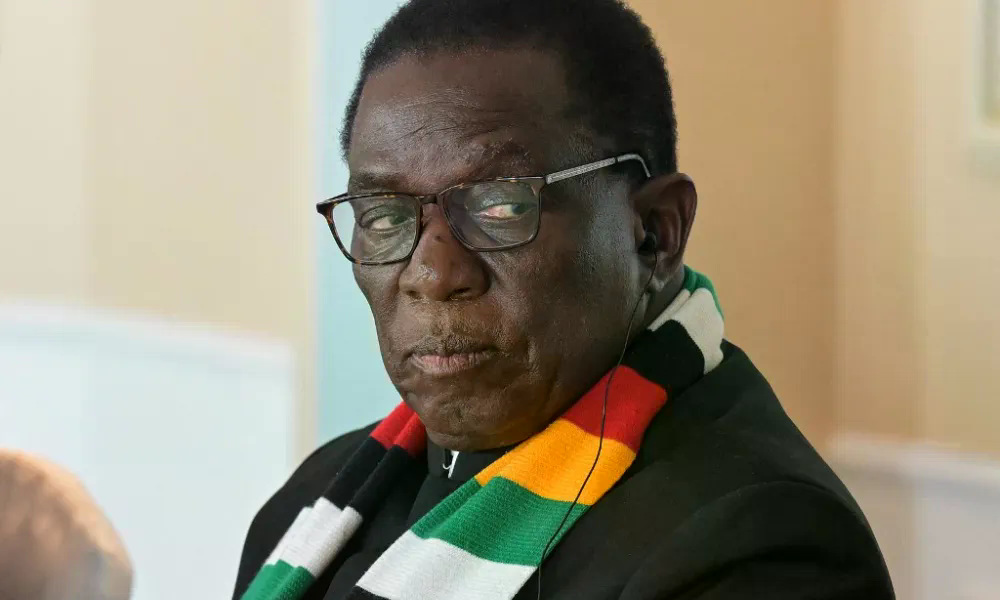
Zimbabwe’s ruling ZANU-PF party has announced plans to extend President Emmerson Mnangagwa’s term by two years, potentially allowing him to remain in power until 2030. The proposal was approved at the party’s annual conference in Mutare, where delegates instructed the government to begin drafting legislation to amend the Constitution, according to Justice Minister and ZANU-PF legal secretary Ziyambi Ziyambi.
Mnangagwa, who is 83 years old, is constitutionally required to step down in 2028 after completing two elected terms. Any amendment to his term limit would require a constitutional change, which could involve referendums, as noted by legal experts.
During the conference, delegates celebrated the motion, highlighting the party’s long-standing pattern of centralized control since Zimbabwe’s independence in 1980. ZANU-PF holds a majority in parliament, giving it considerable influence over legislative processes. However, some insiders have warned that the move may face legal challenges.
Despite Mnangagwa’s previous claims of being a “constitutionalist” with no desire to stay in power indefinitely, loyalists within the party have quietly advocated for an extended tenure since last year’s contentious election. Meanwhile, rivals within the party, aligned with Vice President Constantino Chiwenga, have openly opposed the extension.
Blessed Geza, a veteran liberation fighter and Chiwenga ally, has used YouTube livestreams to criticize the proposed extension, attracting thousands of viewers. However, calls for mass protests have not gained significant momentum, partly due to increased police presence in Harare and other cities.
Mnangagwa did not address the term extension during his closing remarks at the conference. Chiwenga has remained silent on both the proposed extension and the ongoing protests.
Mnangagwa assumed the presidency in 2017 following the removal of longtime leader Robert Mugabe, promising democratic and economic reforms. Since then, he has overseen a severe economic downturn characterized by hyperinflation, high unemployment, and allegations of corruption. Critics accuse ZANU-PF of suppressing dissent, undermining judicial independence, and transforming elections into controlled events rather than genuine democratic exercises.
Legal opposition figures have warned that any attempt to alter the Constitution will likely face resistance in court. Opposition lawyer Tendai Biti stated, “We will defend the Constitution against its capture and manipulation to advance a dangerous unconstitutional anti-people agenda.”
Earlier this week, ten elderly activists—most in their 60s and 70s—were arrested in Harare for allegedly planning a protest demanding Mnangagwa’s resignation. They were charged with inciting “public violence” and are set to appear in court for a bail hearing on Monday. In the past, authorities have detained nearly 100 young people under similar circumstances.
The latest developments have revealed an intensifying power struggle within ZANU-PF. One faction supports Mnangagwa remaining in office until 2030, while another appears to be positioning Chiwenga, a former army general who played a key role in the 2017 coup that ousted Mugabe, for a potential leadership transition.


